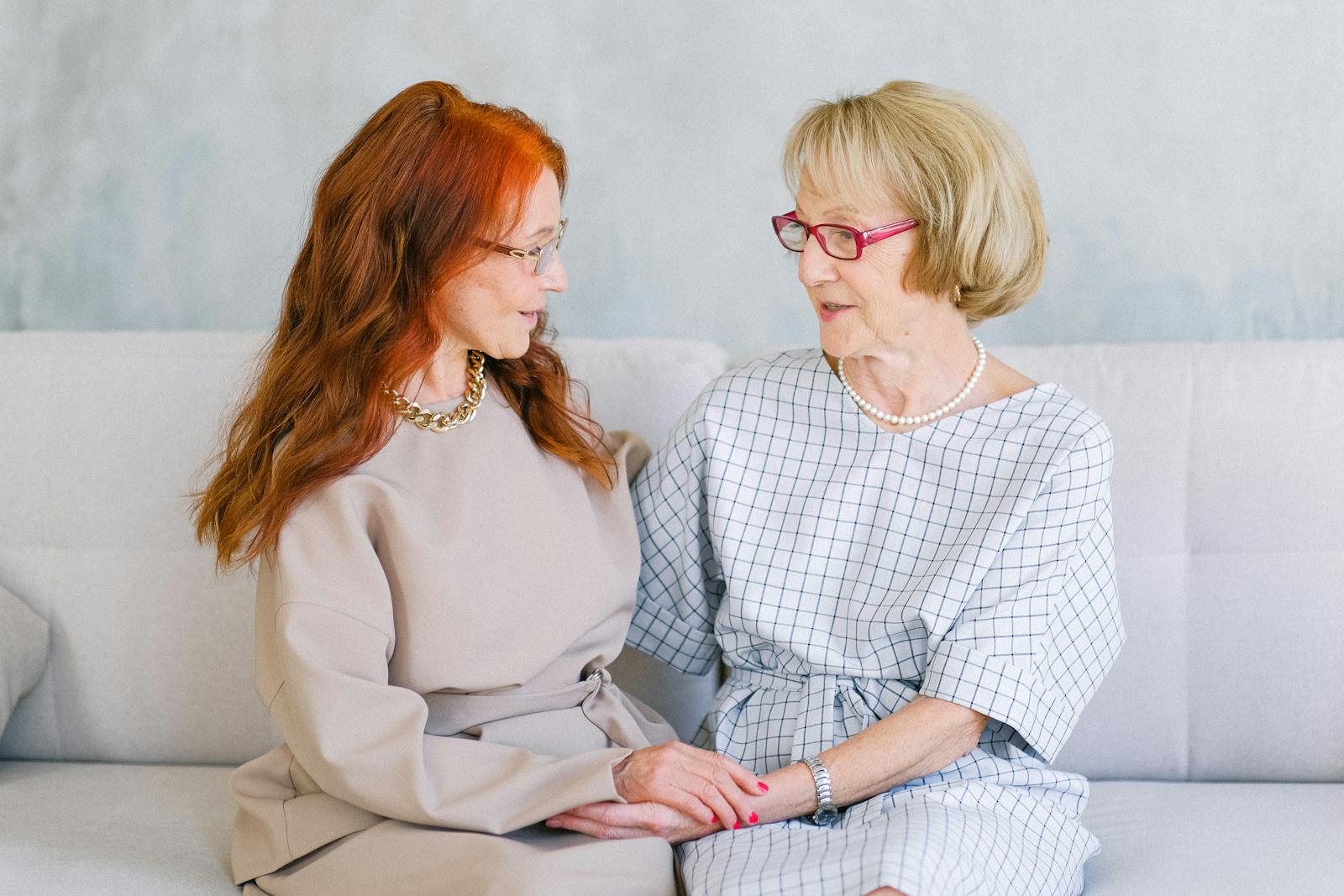The enduring complexities within the British Royal Family continue to capture global attention, particularly the evolving relationship between King Charles III and his younger son, Prince Harry. What began as a familial disagreement has, over time, matured into a highly publicised separation, punctuated by calls for unity from the monarch and a steadfast commitment to his path from the Duke of Sus. This dynamic plays out against a backdrop of significant royal events and personal challenges, shaping perceptions and fueling ongoing speculation about reconciliation.
The King, now 76, has frequently underscored themes of unity and remembrance, particularly during poignant national commemorations. These public statements often carry an implicit message for his estranged son, highlighting the importance of familial cohesion and shared purpose. Simultaneously, Prince Harry, 40, residing in Montecito, California, with his family, has continued to voice his perspective on the challenges he and his wife, Meghan Markle, have faced, notably concerning their security and public narrative.
This article aims to provide an in-depth, factual account of the key moments and underlying issues that define this significant royal rift. Drawing exclusively from verified information, we explore the distinct viewpoints and actions that have shaped the current landscape, from highly anticipated meetings to deeply entrenched disagreements over security and family communication. The narrative unfolds through critical events, public statements, and reported private interactions, offering context to this deeply personal, yet intensely public, family saga.

1. **King Charles’ VE Day Speech: A Call for Unity Amidst Tension
King Charles III delivered an emotional speech at the Horse Guards Parade in London on Thursday, May 8, celebrating the 80th Anniversary of VE Day. During his address, the King referenced his grandfather, King George VI, and his historic announcement of the liberation of Europe. The speech was steeped in themes of unity, memory, and gratitude for the wartime generation, echoing sentiments that took on added significance given the ongoing tensions with his son.
“It is now eighty years since my grandfather, King George VI, announced to the nation and the Commonwealth that ‘the dreadful shadow of war has passed from our hearths and our homes.’ The liberation of Europe was secured,” Charles stated. He continued by saying, “His words echo down through history as all this week, and especially today, we unite to celebrate and remember with an unwavering and heartfelt gratitude, the service and sacrifice of the wartime generation who made that hard-fought victory possible.” These powerful words about national unity were notably delivered amidst reports of a deepening personal rift within his own family.
Further reinforcing this theme, Charles also stated, “The Allied victory being celebrated then, as now, was a result of unity between nations, races, religions and ideologies, fighting back against an existential threat to humanity.” This emphasis on unity, particularly within a family context, appeared to be a significant undertone of his speech. The timing of these remarks was particularly noteworthy, occurring when public discussions about the royal family’s internal dynamics were prevalent, making the King’s message resonate on multiple levels.
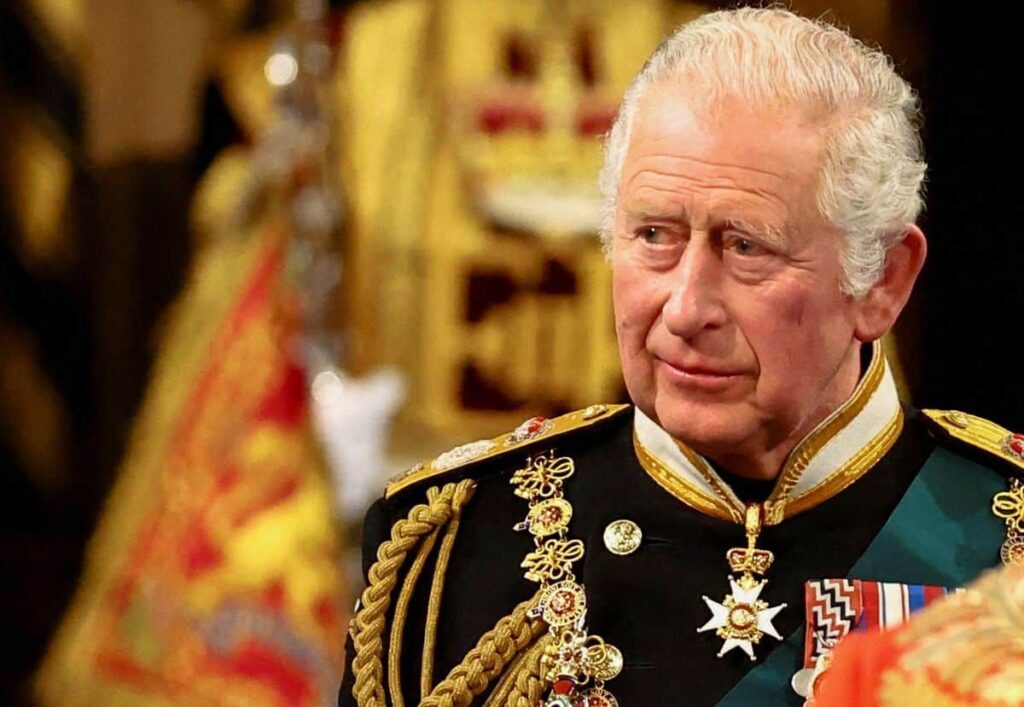
2. **The Royal Family’s United Front at VE Day Events and Prince Harry’s Absence
Throughout the week of the VE Day commemorations, King Charles and various members of the royal family were actively engaged in multiple public occasions. Prince William, Kate Middleton, and their children, Prince George, Princess Charlotte, and Prince Louis, were observed participating in these significant events. Their collective presence projected an image of a united monarchy, honouring a pivotal moment in British history.
The annual VE Day event is a deeply cherished celebration in the U.K., marking the end of World War II in 1945. These appearances by senior royals serve to reinforce the monarchy’s connection to national memory and public service. The visual representation of the family’s cohesion during such a significant national observance further highlighted the absence of Prince Harry and Meghan Markle, who now reside in Montecito, California.
While the King and other royals fulfilled their duties, Harry and Meghan remained in the United States, alongside their children Prince Archie and Princess Lilibet. This physical distance during important public events has become a recurring pattern, contributing to the perception of a continued separation within the family. Their absence from these key gatherings inevitably draws public attention to the ongoing internal dynamics, underscoring the divide.
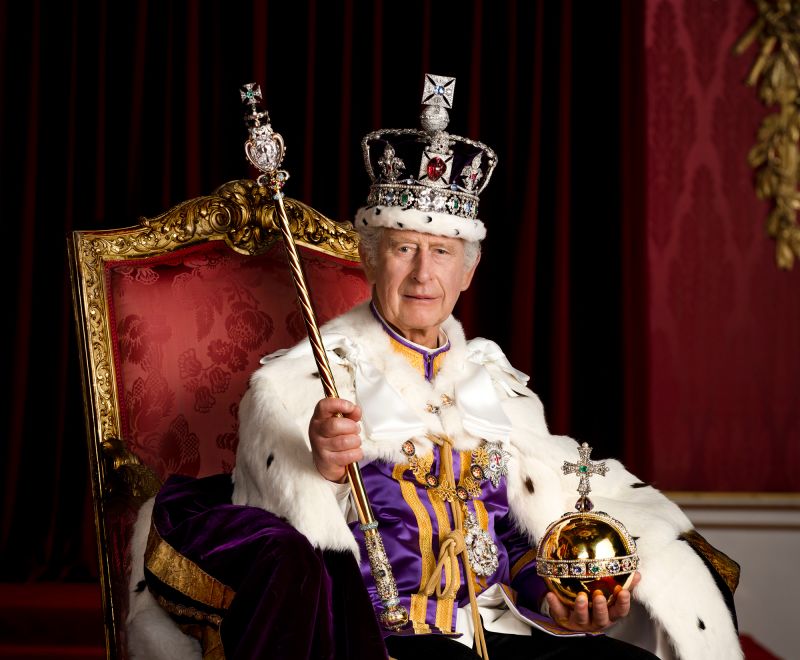
3. **King Charles’ Statement About Unity After Prince Harry’s Bombshell Interview
King Charles III had previously released a statement about unity days after his son Prince Harry’s bombshell interview regarding their family rift. This proactive move by Buckingham Palace aimed to address the narratives emerging from Harry’s public commentary, which had alluded to significant tensions and challenges within the royal household. The statement sought to project an image of solidarity and collective purpose amidst the unfolding drama.
Specifically, a Buckingham Palace representative shared on Sunday, May 4, that the royal family members “are much looking forward to all the week’s VE Day events.” The statement further conveyed their intention to “unite with the rest of the nation and those across […]” This official communication underscored a desire to focus on national service and collective remembrance, rather than internal disputes, in the days leading up to the VE Day celebrations.
This statement served as a strategic communication effort to counterbalance the implications of Prince Harry’s interview. It aimed to reassure the public of the royal family’s dedication to their duties and their shared commitment to national events. By emphasising unity in a broader, national sense, the Palace sought to mitigate the impact of the internal family issues that had been brought to light, demonstrating an effort to steer the public narrative.
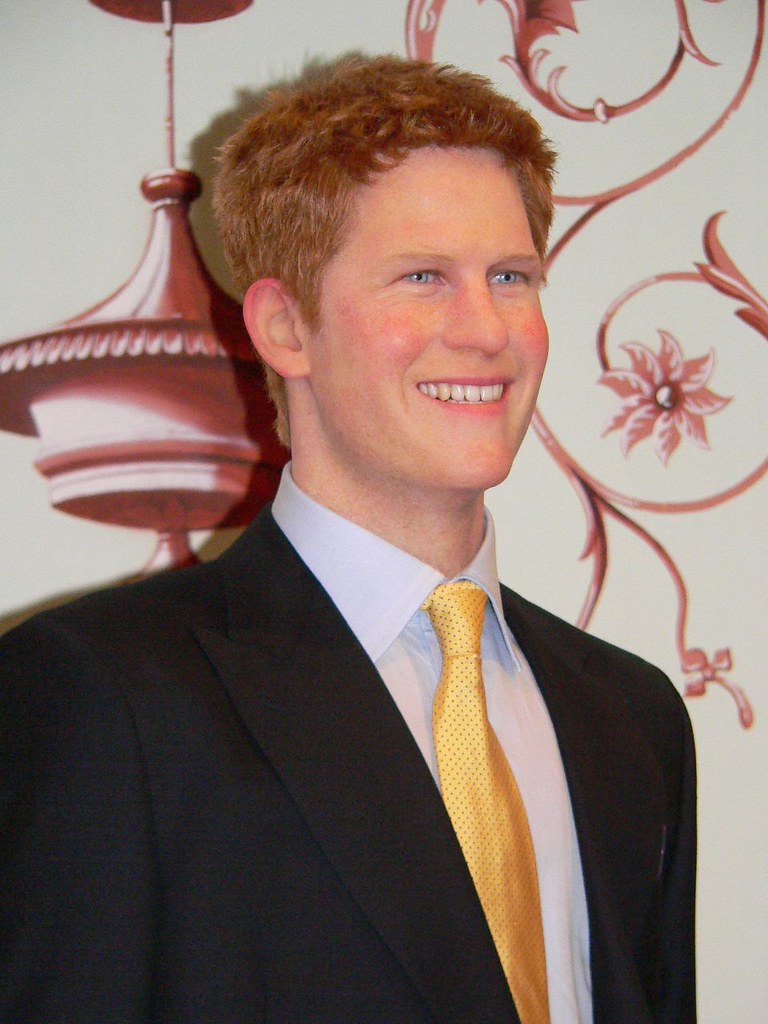
4. **Prince Harry’s Bombshell BBC News Interview and Allegations
Following a significant setback in his legal battle for government-funded security in the U.K., Prince Harry provided a revealing interview to BBC News. In this interview, the Duke of Sus made substantial claims regarding his father’s role in the denial of his appeal, implying a direct connection between his father’s actions and the outcome of his security requests. This public statement injected new elements of tension into the already strained relationship.
During the interview, Prince Harry alleged that his father, King Charles, “won’t speak to me.” This particular claim highlighted a profound breakdown in communication between father and son, suggesting a level of estrangement that went beyond mere distance. It painted a picture of a monarch seemingly unwilling to engage directly with his son on matters of critical importance to Harry.
These public allegations from Prince Harry were significant because they directly implicated the King in the ongoing security dispute and in the broader communication breakdown. Such open commentary from a royal family member about the monarch’s supposed unwillingness to communicate added considerable pressure to the delicate familial situation. King Charles has not publicly addressed these specific claims made by Harry, maintaining a customary silence on private family matters.
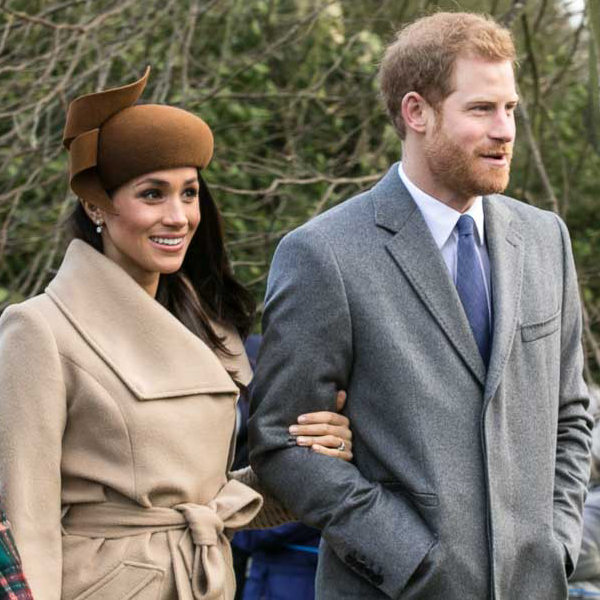
5. **The Deepening Rift: Reports of Unanswered Calls and Letters
A new report in People magazine revealed the significant extent of the estranged relationship between Prince Harry and King Charles. According to sources close to Harry, the monarch has reportedly been ‘blanking’ his son’s calls, indicating a severe deterioration in their communication. This paints a stark picture of a relationship where attempts at connection are met with silence.
A friend of Prince Harry’s shared with People, “He gets ‘unavailable right now.’ His calls go unanswered. He has tried to reach out about the King’s health, but those calls go unanswered too.” This suggests a conscious decision on the part of the King to not engage in direct communication with his son, even on sensitive personal matters such as health updates. Buckingham Palace, when approached by HELLO! for comment on Harry and Charles’s private contact, refused to provide any statement, adhering to its policy on private family affairs.
Further reports from the Daily Mirror corroborated these claims, stating that Harry’s calls and letters to his father are “going unanswered.” These consistent reports from multiple sources close to the Duke suggest a deliberate strategy by the Palace, or the King, to maintain a distance. This perceived lack of reciprocity from the King’s side contributes significantly to the feeling of a deepening and perhaps intractable rift, frustrating Harry’s reported attempts to reconnect.
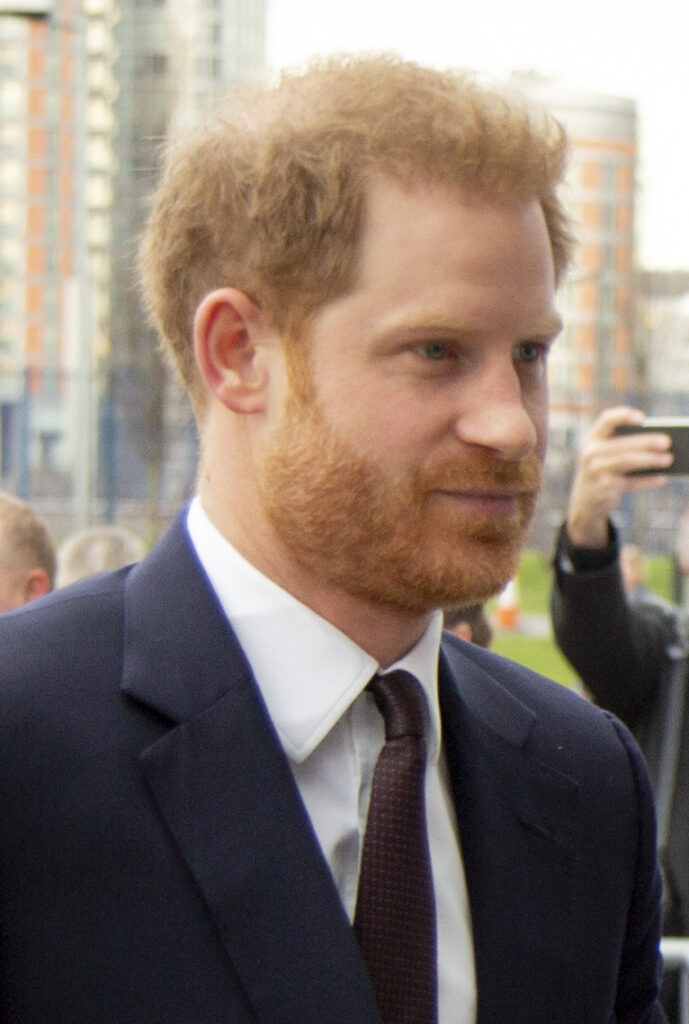
6. **Harry’s Fleeting Visit to the UK Post-Cancer Diagnosis: A Brief Encounter
Prince Harry made a rapid visit to the UK in February 2024 to see his father after King Charles’s cancer diagnosis was publicly announced. This trip marked their first face-to-face meeting in 19 months, sparking hopes of a potential thaw in their strained relationship. Despite the gravity of the King’s health news, the meeting itself was notably brief, lasting approximately 30 to 45 minutes.
During this whirlwind trip, Harry reportedly did not meet with his older brother, Prince William. The focus of the visit was solely on his father, yet even that interaction was curtailed, with Charles having scheduled public appearances shortly after their private conversation. This brevity, coupled with the absence of a meeting with William, indicated that while a direct encounter occurred, it did not immediately bridge the deeper chasms within the family.
Sources close to Harry, as reported by PEOPLE, claimed that the Duke learned of the latest developments in his father’s cancer battle by looking at the news. This suggests that even during this critical time, Harry was not receiving direct, personal updates from his father or the Palace. The initial positive perception of their meeting quickly gave way to reports of communication deterioration shortly thereafter, underscoring the persistent challenges in their relationship.
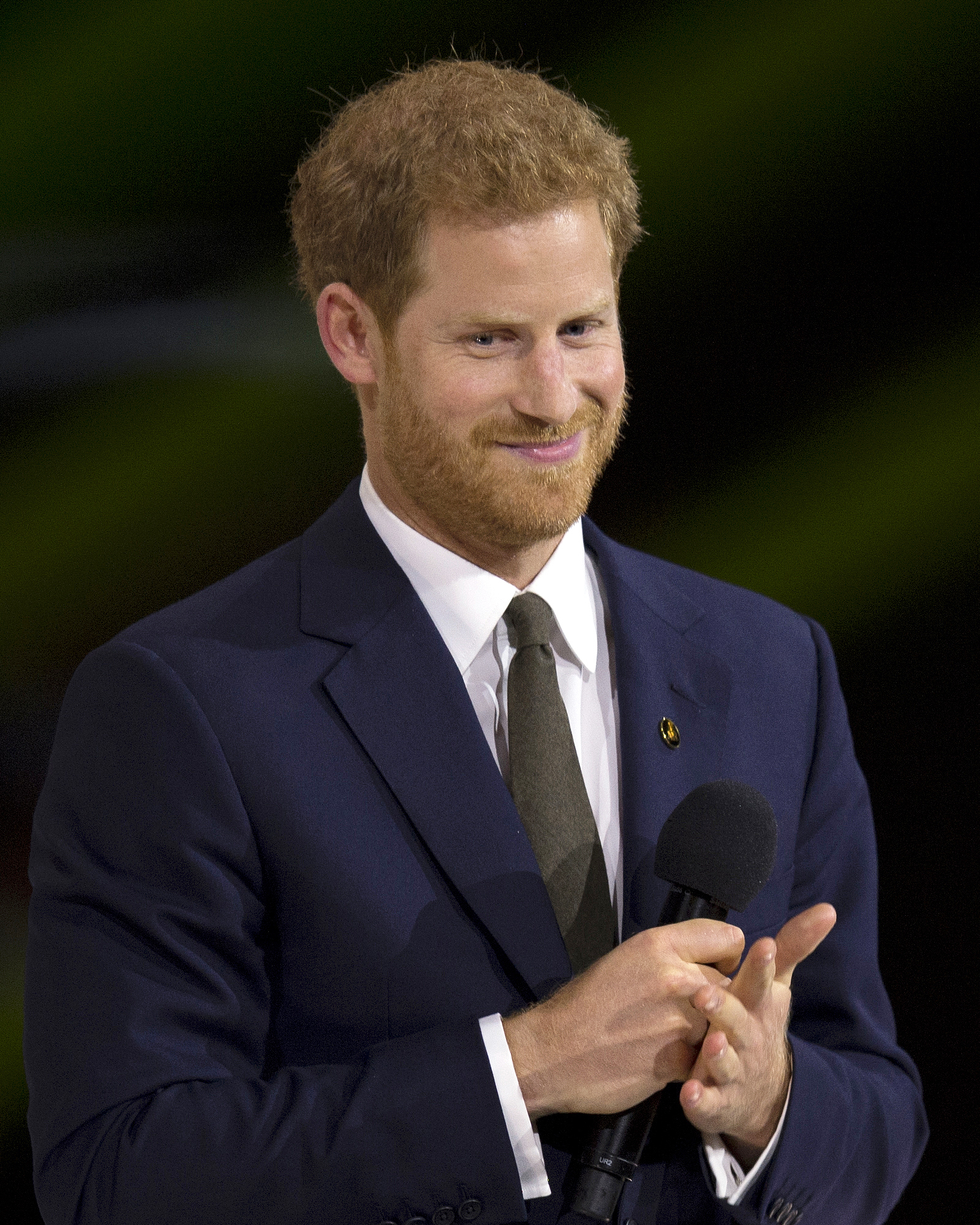
7. **Prince Harry’s Security Battle: The Core of the Conflict
Prince Harry’s ongoing battle for government-funded security in the UK has emerged as a central and deeply contentious issue in his relationship with the Royal Family. After stepping down as a senior working royal in 2020, Harry and Meghan Markle had their automatic security removed. This decision prompted Harry to launch a legal challenge against the Home Office, seeking to reinstate police protection when he visits Britain.
Sources close to Harry hint that this security issue is a “deeper issue.” The Duke is reportedly “frightened” and believes that his father, as King, possesses the power to intervene and reinstate his security. This conviction fuels his determination in the legal fight and significantly influences his interactions—or lack thereof—with the King. His desire to feel safe bringing his children to his home country is a strong motivation.
The security issue has progressed from initial frustration to what Harry’s friends describe as “complete silence” from the King. This silence, coupled with Harry’s belief in his father’s power to act, exacerbates the tension. Harry told a judge that he did not feel able to bring his children, Archie and Lilibet, to the UK and could not put Meghan “in danger like that” without appropriate security. His legal team is reportedly feeling “cautiously optimistic” after recent court proceedings, believing “the argument for protection is strong.”
The ongoing complexities within the British Royal Family, especially the dynamic between King Charles III and Prince Harry, remain a topic of significant public interest. Following an exploration of the foundational elements of their rift, this second section delves deeper into the constitutional realities governing royal security, the profound impact of public statements on family relations, the historical context provided by Prince Harry’s memoir, and recent attempts at reconciliation, culminating in an outlook for potential future unity.
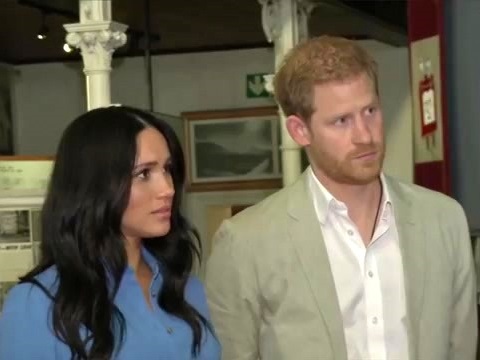
8. **The Constitutional Reality: Dissecting Royal Security Decisions
Prince Harry’s prolonged legal challenge for government-funded security in the UK has been a consistent point of friction, with sources close to him suggesting he believes King Charles possesses the power to intervene. This perception, however, contrasts with the constitutional framework that governs such decisions within the United Kingdom. Understanding this distinction is crucial to grasping the intricacies of the ongoing dispute.
Official security for members of the Royal Family and public figures in the UK is determined by the Executive Committee for the Protection of Royalty and Public Figures, commonly known as RAVEC. This committee operates independently on behalf of the UK government, making assessments based on threat levels and specific circumstances rather than personal royal directive. It is a structured governmental body with clear protocols.
A palace source unequivocally stated that the notion of Harry’s security being in Charles’s hands is “wholly incorrect.” Constitutionally, the King holds no governmental power in the UK to bestow police protection. While a member of the King’s staff does sit on RAVEC, the King himself does not possess the authority to unilaterally re-instate police protection for his son or any other individual.
This constitutional reality directly challenges Prince Harry’s reported belief, contributing to the perceived ‘complete silence’ from the King on the matter. The King’s inability to act directly, despite Harry’s conviction in his father’s power, adds a layer of misunderstanding and frustration to an already strained relationship, further cementing the impasse over this critical issue.
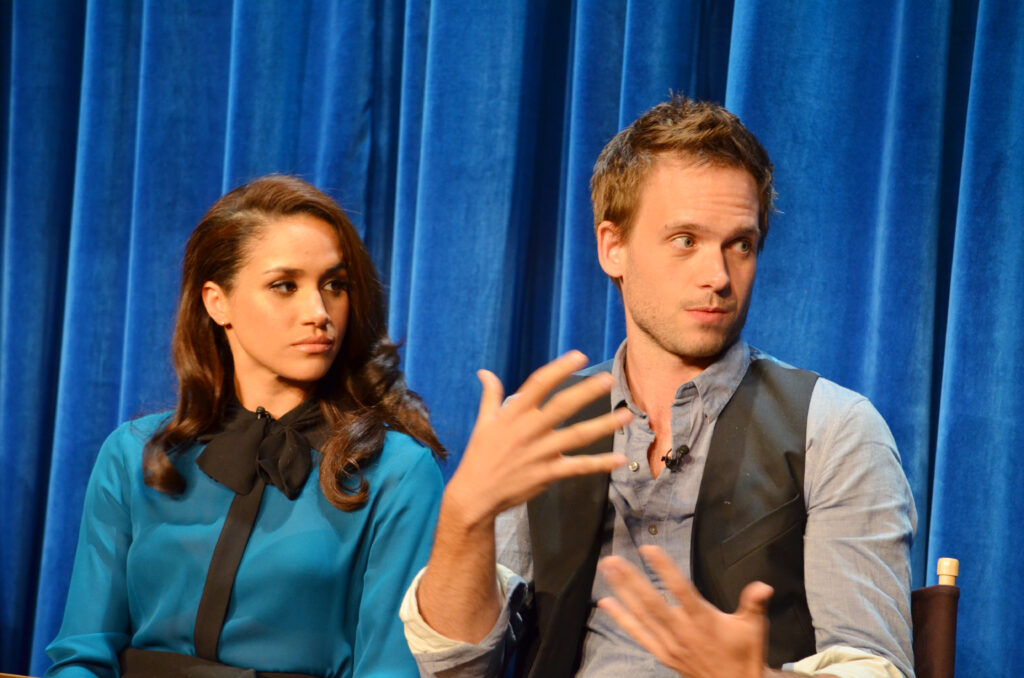
9. **The Impact of Public Statements: Media Narratives and Security Fears
The public pronouncements and media ventures undertaken by Prince Harry and Meghan Markle have played a significant role in shaping the narrative surrounding their relationship with the Royal Family. While some observers suggest these statements have deepened the existing chasm, the Suses articulate their perspective as a necessity born out of pressing concerns, particularly regarding their personal safety. This tension highlights the delicate balance between public commentary and private family relations.
In an ITV documentary titled ‘Tabloids on Trial,’ Prince Harry candidly voiced profound fears that negative press attention could incite an attack on his wife and children. He explained that this pervasive threat is a primary reason why Meghan will not return to his home country until their security issue is definitively resolved. His concern is that “All it takes is one lone actor, one person who read this stuff, to act on what they have read.”
These fears are not without precedent, as Neil Basu, the former assistant commissioner of specialist operations at Scotland Yard, confirmed that “disgusting and very real” threats had been levelled against the couple. Mr. Basu, who was previously in charge of royal protection, noted, “If you’d seen the stuff that was written and you were receiving it, the kind of rhetoric that’s online… you would feel under threat all of the time.” He further added that police teams had investigated these threats, with individuals being prosecuted.
Conversely, those close to the Suses argue that if they were afforded proper, government-funded security, the necessity for them to speak publicly—often to generate income that supports their private security—would be significantly reduced. This perspective suggests a cyclical dilemma, where the lack of official protection compels public visibility, which in turn can exacerbate security risks and family tensions.
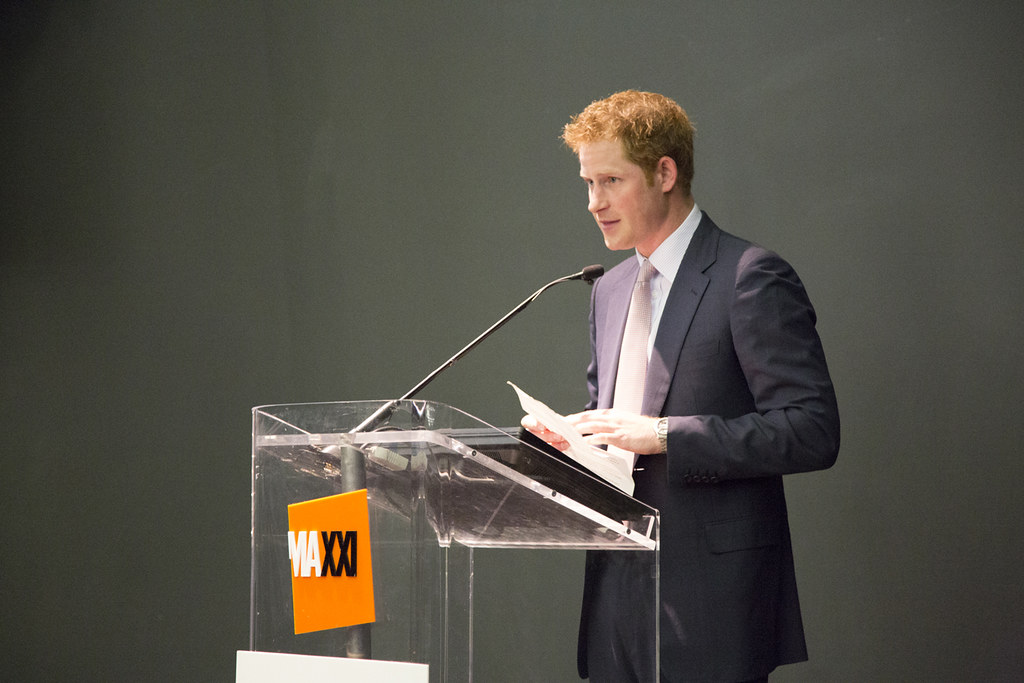
10. **Historical Context: Prince Harry’s Memoir ‘Spare’ and its Aftermath
The publication of Prince Harry’s controversial memoir, ‘Spare,’ in 2023 stands as a pivotal moment in the ongoing narrative of the royal rift. The book contained a series of deeply personal revelations and “wild accusations” about his family, which, according to both internal and external observers, significantly impacted his relationships, particularly with his father and brother. The memoir laid bare private grievances and created a fresh wave of public discussion.
Among the most striking claims were Harry’s allegations of a physical altercation with his older brother, Prince William, during an argument over Meghan. He also recounted a highly publicised incident from 2005, claiming that William and Kate encouraged him to wear a Nazi uniform to a fancy dress party and “howled” with laughter upon seeing him in it. These disclosures were widely reported and generated considerable media attention, challenging the traditional portrayal of the Royal Family.
The contents of ‘Spare’ reportedly caused considerable distress within the Palace. Prince Harry himself acknowledged the profound impact his writings would have, admitting that “some members of my family will never forgive me for writing a book… they will never forgive me for lots of things.” This sentiment underscores the depth of the hurt and betrayal felt by certain family members, who viewed the memoir as a profound breach of trust and privacy.
Royal experts, such as Richard Fitzwilliams, have speculated that Harry’s actions, including the memoir, likely confirmed King Charles’s view that he “is not to be trusted.” Fitzwilliams suggested that previous attempts by the Suses to “monetize their royal connections” had already contributed to the deep rift. The memoir, therefore, exacerbated existing tensions, further solidifying the perception of a persistent chasm within the Royal Family and complicating any potential paths to reconciliation.
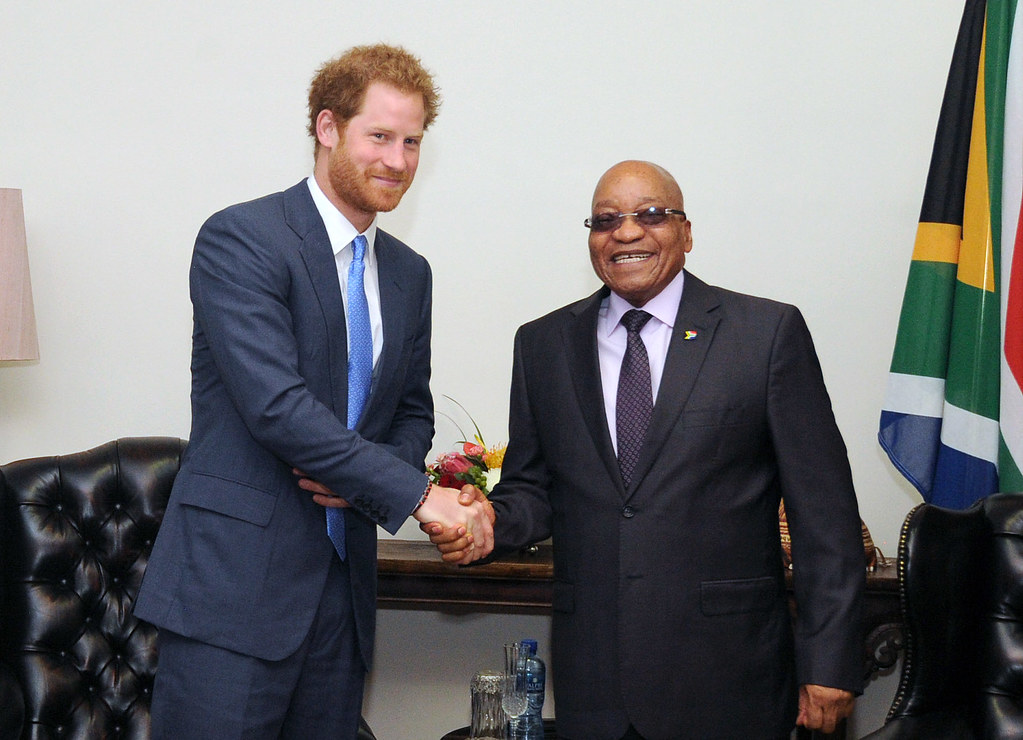
11. **Recent Attempts at Reconciliation: The Brief September Meeting
Amidst the backdrop of enduring family tensions, a face-to-face meeting between Prince Harry and King Charles III in September marked a significant, albeit brief, moment of direct interaction. This encounter, their first in 19 months, took place at Clarence House in London and immediately sparked public speculation about a possible thaw in their strained relationship. It represented a tangible step after a prolonged period of distance and reported communication breakdowns.
The private tea meeting, confirmed by Buckingham Palace, lasted approximately 50 minutes. Prince Harry was observed arriving in a black Range Rover and departed within the hour, having travelled to London for a series of charity engagements. Upon leaving, when asked about his father, Harry offered a brief but positive response, stating, “Yes, he’s great, thank you,” without elaborating further on the substance of their conversation.
King Charles had specifically travelled to London from his Balmoral estate for various official duties, including talks with the Premier of South Australia, underscoring the demanding nature of his schedule. Harry, similarly, had rushed from an engagement at Imperial College London’s Centre for Blast Injury Studies, indicating that both individuals made an effort to facilitate this meeting despite their packed schedules. This concerted effort was seen as a hopeful sign.
Royal insiders and former aides viewed the reunion as a positive development. Ailsa Anderson, a former spokeswoman for Queen Elizabeth II, described the meeting as “a building of trust” and a “massive step in the right direction.” Royal author Sally Bedell Smith also noted Queen Camilla’s absence from this meeting, in contrast to a previous encounter, suggesting it signified that Harry “could be trusted one-on-one,” highlighting a shift in the dynamics of their interactions.
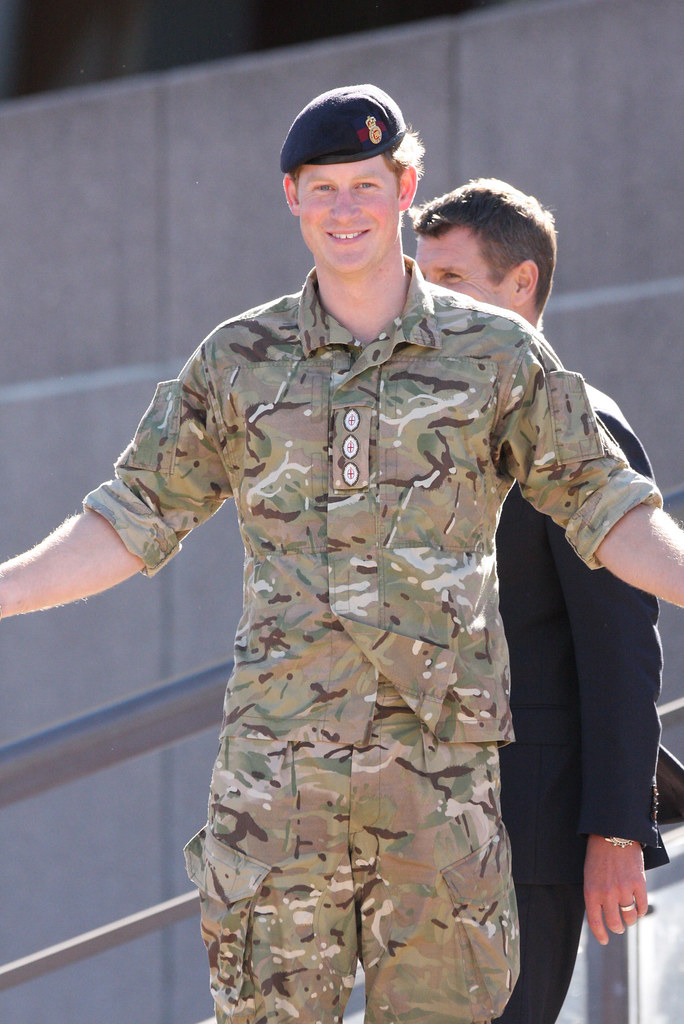
12. **The Unanswered Calls and Prince William’s Continued Distance
Despite the brief, face-to-face meeting between King Charles and Prince Harry in September, persistent reports continue to highlight significant communication breakdowns within the Royal Family, particularly concerning unanswered calls and Prince William’s enduring distance. Sources close to Harry paint a picture of ongoing struggle to establish meaningful contact, even on sensitive personal matters like the King’s health.
It has been widely reported that Prince Harry’s attempts to reach out to his father, including calls and letters, have largely gone “unanswered.” A friend of Harry’s shared with People magazine that “He gets ‘unavailable right now.’ His calls go unanswered. He has tried to reach out about the King’s health, but those calls go unanswered too.” This consistent lack of response from the King’s side contributes to the perception of a deliberate strategy to maintain distance.
The communication challenges extend profoundly to Prince Harry’s relationship with his older brother, Prince William. Reports indicate that William, too, “hasn’t responded” to calls and messages from Harry, despite the Duke of Sus’s reported attempts at reconciliation. This continued silence from the Prince of Wales underscores the depth of the fractured relationship between the two brothers, a divide that has persisted since Harry’s move to the United States.
Their strained bond has been publicised through various claims made by Harry, including allegations of a physical altercation and other deeply personal disclosures in his memoir. While sources suggest Harry’s relationship with his father might be marginally better than with William, the consistent lack of reciprocal communication from both the King and the Prince of Wales remains a significant barrier to any comprehensive family reconciliation. Harry is reportedly left to learn about crucial family health updates through news reports.
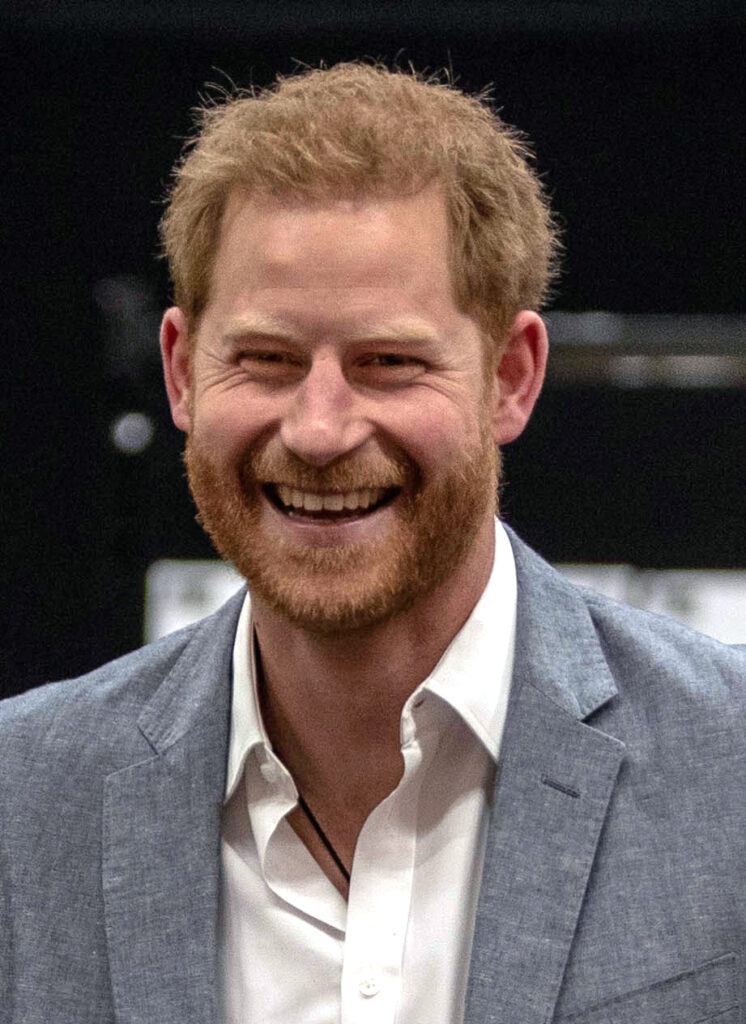
13. **The Invictus Games 2027: A Potential Bridge or Further Divide?.
The announcement that Birmingham, UK, will host the Invictus Games in 2027 has introduced a new focal point for speculation regarding a potential royal reunion. As a deeply personal initiative for Prince Harry, who founded the adaptive sports event for wounded, injured, and sick service personnel, the UK-based location presents a unique opportunity, yet also considerable challenges, for family interaction. The event carries a significant question mark over its role in bridging the royal rift.
Ailsa Anderson, the late Queen’s former communications secretary, acknowledged the profound personal connection Harry has to the event, stating, “This is Prince Harry’s baby. I have to say, I think he’s done an extraordinary job with it.” Her comments highlight the success and importance of the Invictus Games as Harry’s independent venture, separate from his previous role as a senior working royal.
However, the question of other Royal Family members’ attendance at the Birmingham games is complex. Ms. Anderson articulated the dilemma: if another member of the Royal Family were to attend, the media focus would inevitably shift away from the injured servicemen and women. She noted, “It’s not going to be about the Invictus Games. It’s going to be about the body language with Harry and whoever it is, it’s going to be speculation.”
Despite the immediate challenges, the three-year lead-up to the 2027 Games offers a substantial period for dynamics to evolve. “We’ve seen anything can happen in a very short space of time,” Ms. Anderson observed, suggesting that “a lot of water could be under the bridge by then.” This timeframe could potentially allow the Invictus Games to serve as a powerful vehicle for rebuilding bridges, though Prince Harry’s ongoing security fears could still impact whether he brings his wife and children to the UK for the event.
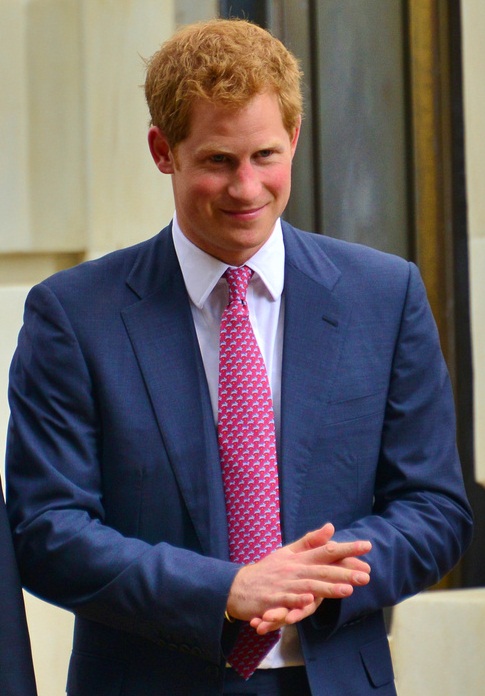
14. **Outlook for Future Unity: Small Steps Amidst Deep-Seated Issues
The journey towards reconciliation within the Royal Family remains fraught with complexity, marked by small, tentative steps forward juxtaposed against deeply entrenched disagreements and historical grievances. While recent interactions have offered fleeting glimpses of hope, a comprehensive and lasting family unity appears to be a distant prospect, largely contingent on significant shifts in approach from all parties involved. The path forward is nuanced, reflecting the profound nature of the rift.
Prince Harry, in May, expressed a clear desire for reconciliation, stating that “There’s no point in continuing to fight anymore. Life is precious.” This notable shift in tone from previous criticisms signalled a willingness to heal the fractured relationships. The subsequent photograph of senior aides to King Charles and the Duke together in London and the September private tea meeting were seen as positive initial steps towards opening channels of communication, demonstrating a foundation for dialogue.
However, the continued lack of substantial engagement from Prince William and the ongoing concerns surrounding Harry’s security underscore that a full family reconciliation is currently “off the table for now.” The persistent reports of unanswered calls and the King’s constitutional inability to directly address Harry’s security demands illustrate the systemic and personal barriers that still exist, preventing a deeper rapprochement.
Royal author Robert Lacey emphasized the enduring nature of the rift, asserting, “The rift is very profound and very long-lasting. It will not be changed, in my opinion, until Harry makes a move and apologises.” This perspective suggests that while the initial steps towards dialogue are important, fundamental shifts in accountability and acknowledgement may be required for genuine healing. Ultimately, the future of royal unity remains uncertain, shaped by individual choices, public pressures, and the passage of time.
As the King navigates his health challenges, the focus, as Harry himself noted, “really has to be on my dad.” This sentiment, coupled with Harry’s steadfast defence of his memoir and his “clear conscience,” indicates that while a desire for peace exists, the underlying issues that led to the rift are yet to be fully resolved. The Royal Family continues to operate in the public eye, its internal dynamics a constant subject of analysis and speculation, awaiting a resolution that remains elusive.


